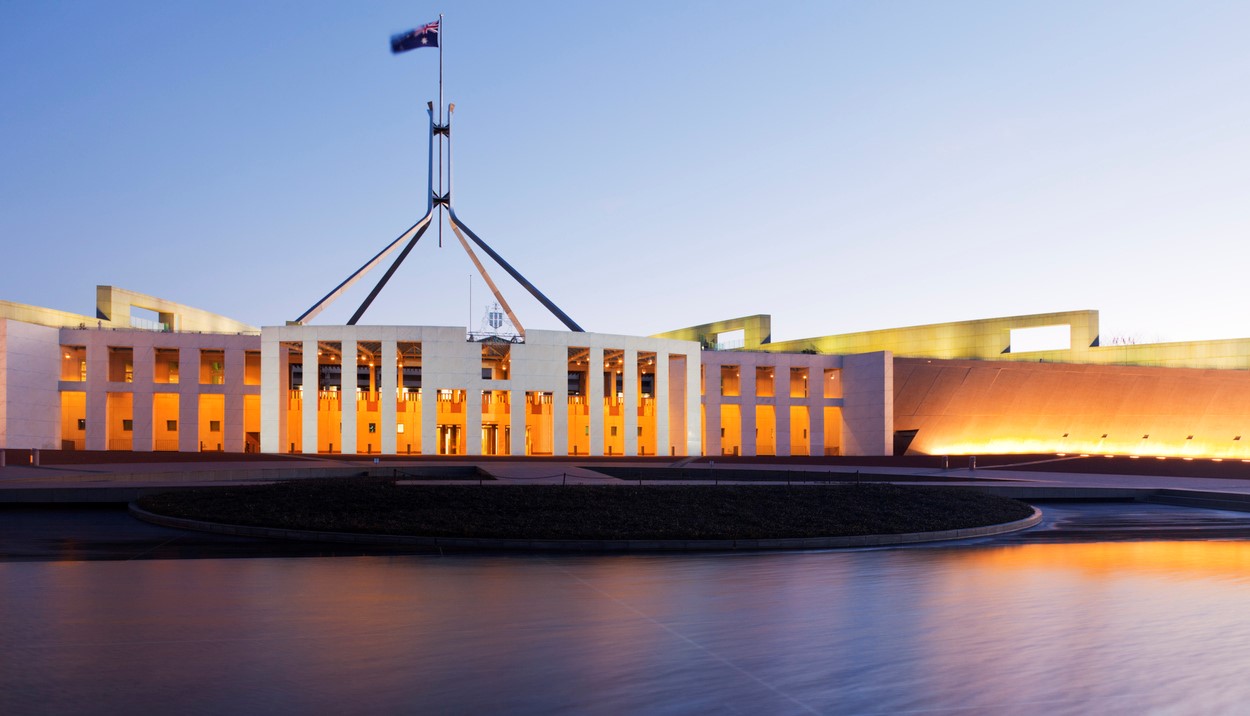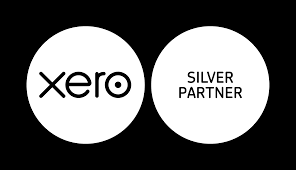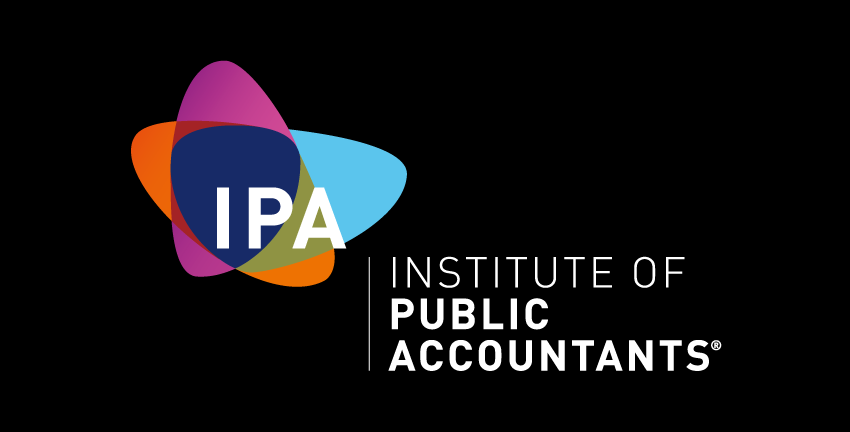Learn what the 2021-22 Federal Budget means for small to medium businesses
On Tuesday, 11 May 2021, Treasurer Josh Frydenberg handed down the 2021-22 Federal Budget, his 3rd Budget.
The big ticket measures include temporary full expensing of assets, loss carry-back extended, personal tax cuts retained, and super changes.
Key tax-related, superannuation-related, and other measures
The major tax-related measures announced in the Budget included:
▪ Personal tax rates – no changes were made to personal tax rates, the Government having already brought forward the Stage 2 tax rates to 1 July 2020. The Stage 3 personal income tax cuts remain unchanged and will commence in 2024-25 as already legislated.
▪ LMITO retained for 2021-22 – the Government will retain the low and middle income tax offset for the 2021-22 income year. The LMITO provides a reduction in tax of up to $1,080.
▪ Temporary full expensing extended – the Government will extend the 2020-21 temporary full expensing measures for 12 months until 30 June 2023. This will allow eligible businesses with aggregated annual turnover or total income of less than $5 billion to deduct the full cost of eligible depreciable assets of any value, acquired from 7:30pm AEDT on 6 October 2020 and first used or installed ready for use by 30 June 2023.
▪ Loss carry-back extended – the loss years in respect of which an eligible company (aggregated annual turnover of up to $5 billion) can currently carry back a tax loss (2019-20, 2020-21 and 2021-22) will be extended to include the 2022-23 income year.
▪ Individual residency test reformed – the Government will replace the existing tests for the tax residency of individuals with a primary “bright line” test under which a person who is physically present in Australia for 183 days or more in any income year will be an Australian tax resident.
▪ Employee share schemes – the Government will remove the cessation of employment as a taxing point for the tax-deferred employee share schemes.
▪ ATO debt recovery – the AAT will be given the power to pause or modify ATO debt recovery action in relation to disputed debts of small businesses.
▪ Self-education expenses – $250 threshold to be removed.
The key superannuation and related measures announced in the Budget include:
▪ Superannuation contributions work test – to be repealed from 1 July 2022 for voluntary non-concessional and salary sacrificed contributions for those under age 75. However, the work test will still apply for personal deductible contributions by those aged 67-74.
▪ SMSF residency rules – to be relaxed by extending the central management and control test safe harbour from 2 to 5 years and removing the active member test for both SMSFs and small APRA funds.
▪ Conversions of legacy income streams – individuals will be permitted to exit certain legacy retirement income stream products (excluding flexi-pensions or lifetime products in APRA-funds or public sector schemes), together with any associated reserves, for a 2-year period. Any commuted reserves will not be counted towards an individual’s concessional contribution cap. Instead, they will be taxed as an assessable contribution for the fund.
▪ Super Guarantee $450 per month threshold – to be removed from 1 July 2022.
▪ Downsizer contributions – eligibility age to be lowered from 65 to 60.
▪ First Home Super Scheme – to be extended for withdrawals up to $50,000, plus some technical changes for tax and | 4 administration errors in applications.
▪ Victims of domestic violence – the Government will not proceed with its previous proposal to extend the early release of super to victims of family and domestic violence.
▪ Pension Loans Scheme – will be expanded to allow access up to 2 lump sums in any 12-month period (up to a total of 50% of the maximum annual Age Pension); together with a Government guarantee that “No Negative Equity” will apply. At the same time, the Budget did not contain any change to the legislated Super Guarantee rate increase from 9.5% to 10% for 2021-22.
Other measures, as previously announced, the Budget confirmed:
▪ 30% Digital Games Tax Offset – for eligible businesses that spend a minimum of $500,000 on qualifying Australian games expenditure (excluding gambling) from 1 July 2022.
▪ Intangible assets depreciation – option to self-assess effective life for certain intangible assets (eg intellectual property and in-house software).
▪ Brewers and distillers – the excise refund cap for small brewers and distillers will increase to $350,000 from 1 July 2021.
▪ Venture capital – a review of the venture capital tax concessions will be undertaken in 2021.
What Happens Next?
Remember, these are proposed measures, and they could change as legislation passes through parliament.
You can access the 2021-22 Budget Papers here:
Budget.gov.au | 2021-22 Budget
Get in touch if you’d like to find out more about how these tax concessions and changes may impact your business.
Give us a call on 07 5649 7650.
Related Tag: Small Business Accountant Gold Coast




